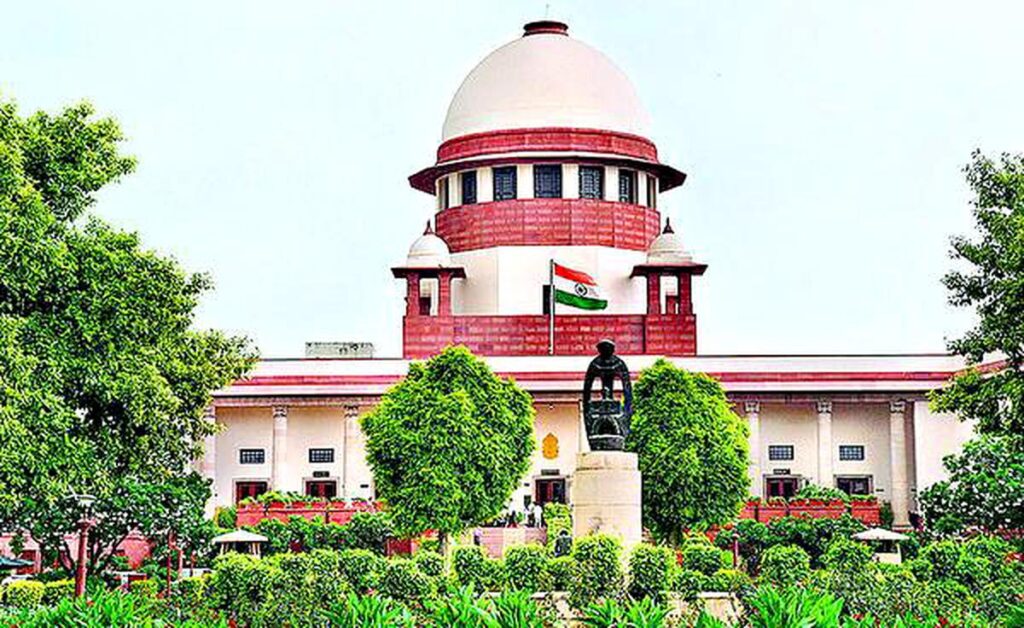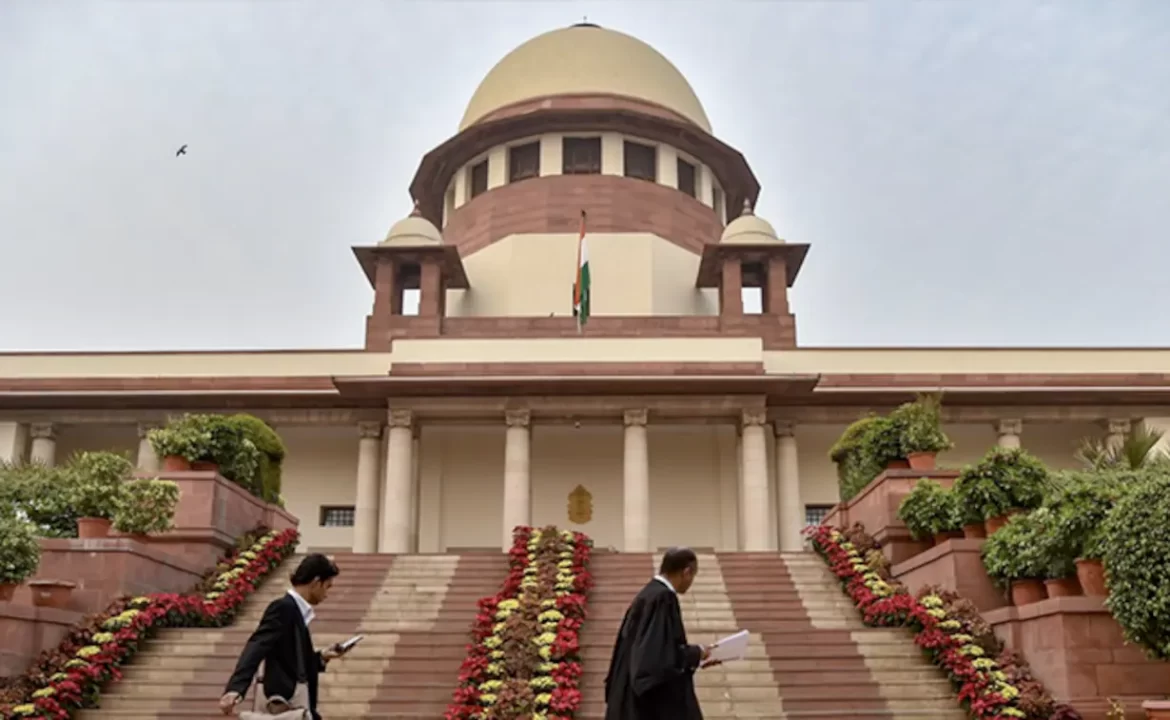Oath taking ceremony of Justice Prashant Kumar Mishra and senior advocate Kalpathy Venkataraman Vishwanathan, marked the addition of two new judges in Supreme Court on Friday.
What’s the News
Recently, Chief Justice of India,DY Chandrachud, administered oath of office to Justice Prashant Kumar Mishra and Kalpathy Venkataraman Viswanathan as Supreme court judges on Friday.
Pledge taking ceremony of Justice Prashant Kumar Mishra and elderly advocate Kalpathy Venkataraman Vishwanathan, marked the addition of two new judges in Supreme Court on Friday. Chief Justice of India, CJI, DY Chandrachud, on Friday, administered the pledge of office to the two as judges of the apex court in a swearing- in- form at the SC’s auditorium.
Due to the addition of two new judges the supreme court of india has gained its sanctioned strength of 34. The strength of judges will remain at its highest level of only a short period of time as two judges are set to retire in june 2023.
Justice KM Joseph, Justice Ajay Rastogi and Justice V Ramasubramanian will complete their tenure next month during the summer vacation. This summer vacation will run from May 22 to July 22.
The two appointments replaces Justices Dinesh Maheshwari and M.R. Shah, both of whom had retired recently. Justices K.M. Joesph and Ajay Rastogi, both members of the present collegium, are set to retire along with Justice V. Ramasubranian in June during the summer holidays.
Justice Vishwanathan, newly appointed SC judge, would be in line to be the 58th Chief Justice of India in August, 2030,succeeding J.B. Pardiwala as top judge. He is also only the ninth lawyer to be elevated directly to the Supreme Court bench. Justice Vishwanathan is also the fourth direct appointee from the Bar who would become the Chief Justice of India

About Supreme Court
The Supreme Court of India is the highest judicial authority in the country and the final court of appeal. Established in 1950, it plays a crucial role in interpreting the Constitution, safeguarding fundamental rights, and ensuring the rule of law. The court consists of a Chief Justice and a fixed number of judges, appointed by the President of India. It has original jurisdiction in matters of constitutional importance and exercises appellate jurisdiction over cases from the High Courts and other lower courts. The Supreme Court of India’s decisions have far-reaching implications, shaping legal precedents and guiding the country’s legal system.
Click Here to Know the News in Detail



